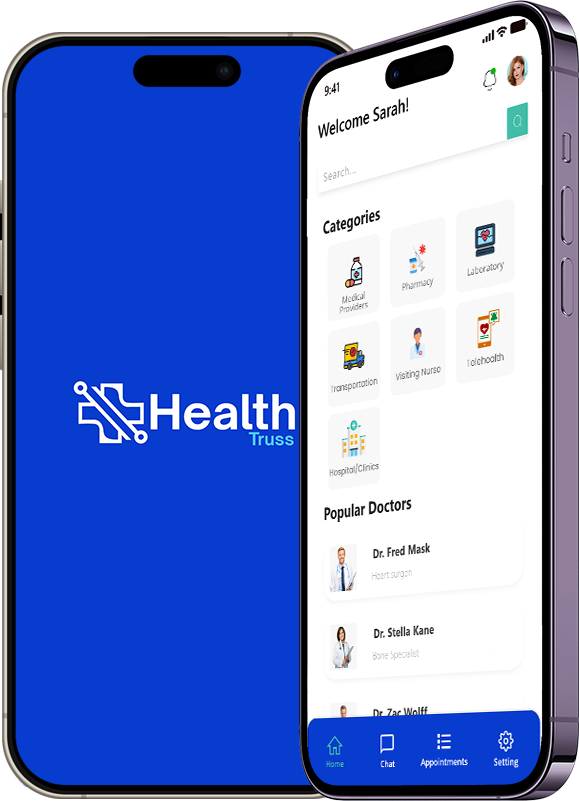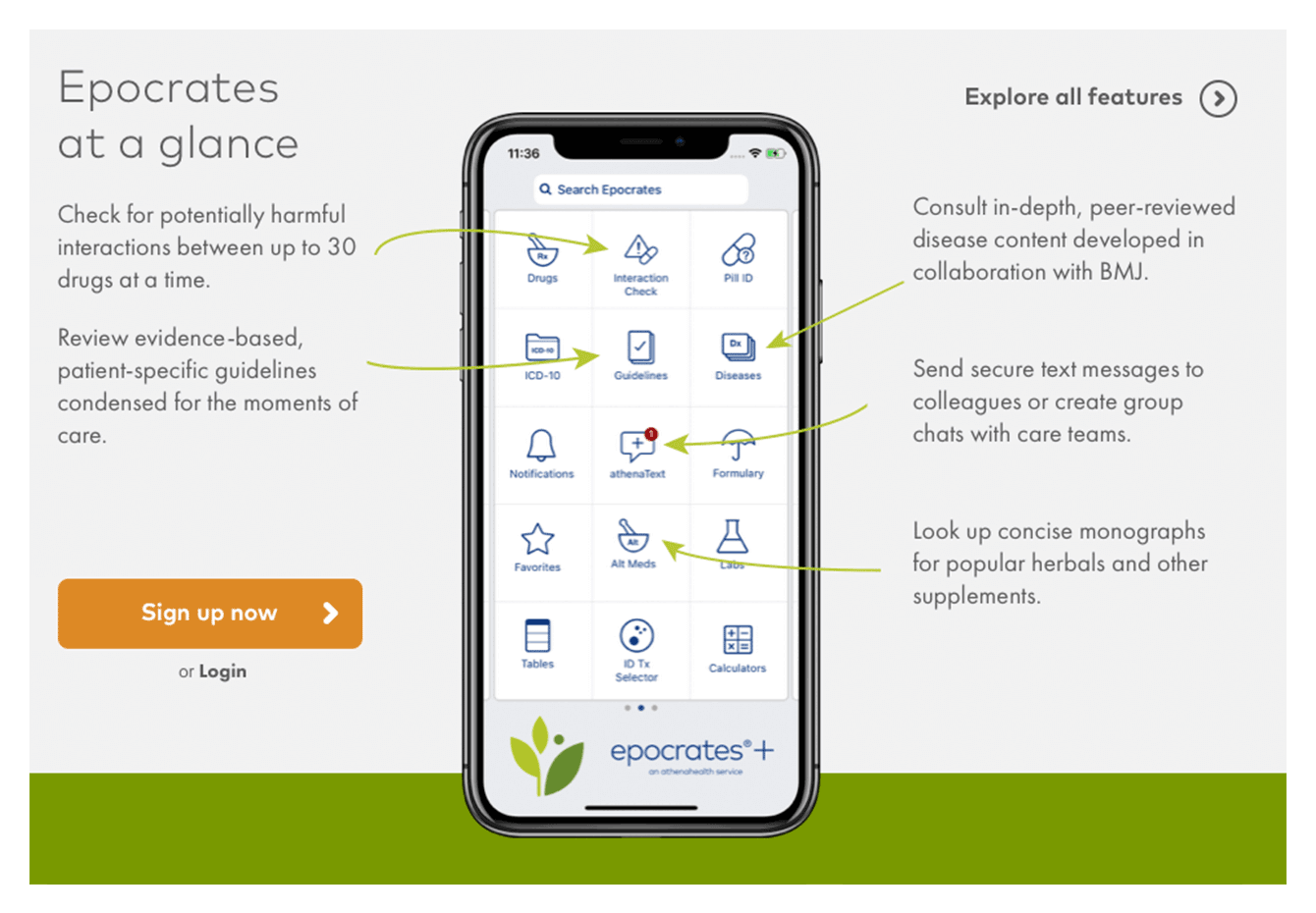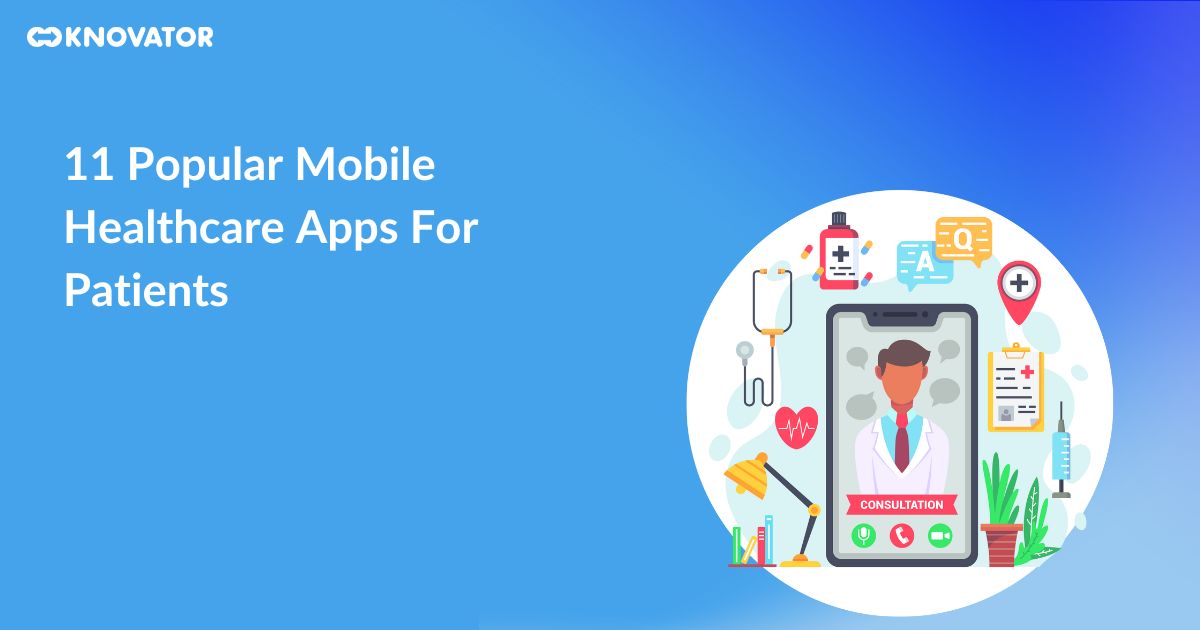The Advantages of Implementing a Mobile App for Clinics in Today's Healthcare
The Advantages of Implementing a Mobile App for Clinics in Today's Healthcare
Blog Article
The Future of Medical Care: Why Clinics Required a Mobile Application Today
As the health care landscape continues to advance, centers face mounting stress to adjust to individual expectations for better convenience and availability. The integration of mobile applications can act as an essential approach for enhancing individual involvement and streamlining operations. By leveraging modern technology to enhance interaction and provide essential services, facilities not just deal with present demands yet additionally place themselves for future success. However, the ramifications of this change expand beyond simple operational efficiency; they could redefine individual connections and care shipment in profound means. What might this improvement resemble for both people and facilities?
Transforming Person Expectations
As the landscape of medical care evolves, individual expectations are undertaking a considerable transformation. Today's people are increasingly looking for ease, availability, and personalized care.
Moreover, individuals are ending up being much more notified and encouraged, often investigating problems and treatments online before assessments. This heightened understanding is paired with a need for openness in healthcare procedures, consisting of price quotes and therapy options. Because of this, service providers are urged to adapt by embracing electronic tools that boost the client experience.
The assumption for timely and efficient interaction has actually never been higher, with lots of clients thinking about responsiveness a vital element of top quality treatment. mobile app for clinics. In this evolving landscape, medical care organizations need to recognize these altering expectations and utilize mobile applications to promote a more patient-centric approach, ensuring that they not just fulfill yet exceed the criteria set by today's informed consumers
Enhancing Patient Interaction

Mobile applications help with communication between clients and doctor, allowing real-time appointment organizing, suggestions for drug adherence, and direct messaging functions. These performances not only boost convenience yet additionally develop a sense of liability among people. In addition, mobile applications can provide educational content tailored to private needs, helping patients better understand their problems and therapy choices.
The assimilation of gamification components within medical care applications can additionally encourage clients to engage in healthy and balanced habits, reinforcing positive way of living modifications. By tracking development and gratifying accomplishments, clients are most likely to remain dedicated to their wellness goals. Inevitably, improving person interaction through mobile applications causes improved health and wellness outcomes, better individual satisfaction, and an extra collaborative medical care experience. Clinics that prioritize this element will likely see a substantial effect on the high quality of treatment delivered.
Simplifying Facility Operations
Enhancing facility operations is vital for boosting workflow performance and maximizing patient care. The implementation of mobile applications can substantially lower management burdens, allowing healthcare companies to concentrate more on patient interactions. By automating consultation organizing, person check-ins, and payment procedures, centers can lessen wait times and enhance overall functional performance.
Mobile applications also help with real-time accessibility to person records, enabling health care experts to make educated choices promptly. This immediacy not only enhances the top quality of treatment but also lowers the chance of mistakes related to lost or obsoleted info. Additionally, leveraging mobile modern technology sustains a much more orderly method to managing client follow-ups and therapy strategies, ensuring that no critical actions are forgotten.
This allows for prompt replenishment and helps avoid disruptions in individual care due to stock lacks. By incorporating these functionalities into their everyday procedures, facilities can create a much more reliable and natural environment, eventually leading to enhanced person outcomes and complete satisfaction.
Improving Interaction Networks
Reliable communication is frequently pointed out as a keystone of quality healthcare delivery. In today's hectic medical atmosphere, mobile applications can substantially boost communication channels between facilities, patients, and doctor. By incorporating mobile applications into their operations, clinics can help with real-time interactions, guaranteeing that individuals get Check Out Your URL prompt info regarding their visits, examination outcomes, and therapy strategies.
Mobile applications likewise equip individuals to connect straight with their medical care groups with protected messaging features. This straight line of communication promotes a feeling of interaction and permits prompt explanation of problems, which can bring about much better adherence to treatment protocols. In addition, press alerts can remind clients of upcoming appointments or medication timetables, minimizing no-show rates and enhancing overall wellness outcomes.

Staying Competitive in Healthcare
In a swiftly developing medical care landscape, organizations have to prioritize innovation and versatility check this to keep a competitive edge. The integration of mobile applications into medical care services is no much longer optional; it is vital for facilities aiming to boost person engagement, simplify operations, and boost overall solution delivery.
As individuals progressively depend on electronic systems for health monitoring, clinics that fall short to take on mobile modern technology risk falling back. A well-designed mobile app can use functions such as visit organizing, telemedicine appointments, and accessibility to clinical records, offering individuals with comfort and promoting commitment.

Rivals are additionally purchasing mobile options, so staying in advance calls for continual renovation and remaining notified regarding technical developments. Centers should not just apply mobile applications yet also participate in regular updates and refinements. Ultimately, the effective integration of mobile technology will certainly distinguish forward-thinking healthcare organizations and set the benchmark for patient-centric treatment in an electronic globe.
Verdict
In verdict, the assimilation of mobile applications in clinics is essential to attend to the developing landscape of person expectations. By boosting individual interaction, improving operations, and improving interaction networks, clinics can dramatically increase health and wellness outcomes. Furthermore, the navigate to this website fostering of mobile technology settings centers to continue to be competitive in an increasingly electronic medical care atmosphere. Inevitably, the tactical application of mobile applications stands for a crucial action towards delivering available and individualized medical care, therefore satisfying the needs these days's equipped patients.
Eventually, improving client interaction through mobile applications leads to boosted health results, better patient fulfillment, and a more collaborative healthcare experience.Mobile applications additionally facilitate real-time access to individual records, enabling medical care specialists to make educated decisions rapidly. In today's fast-paced clinical environment, mobile applications can significantly boost interaction channels between facilities, patients, and healthcare providers.Mobile applications likewise equip individuals to connect straight with their healthcare teams with safe messaging attributes. Eventually, the tactical implementation of mobile applications stands for a crucial step towards delivering tailored and available healthcare, thereby meeting the needs of today's equipped clients.
Report this page